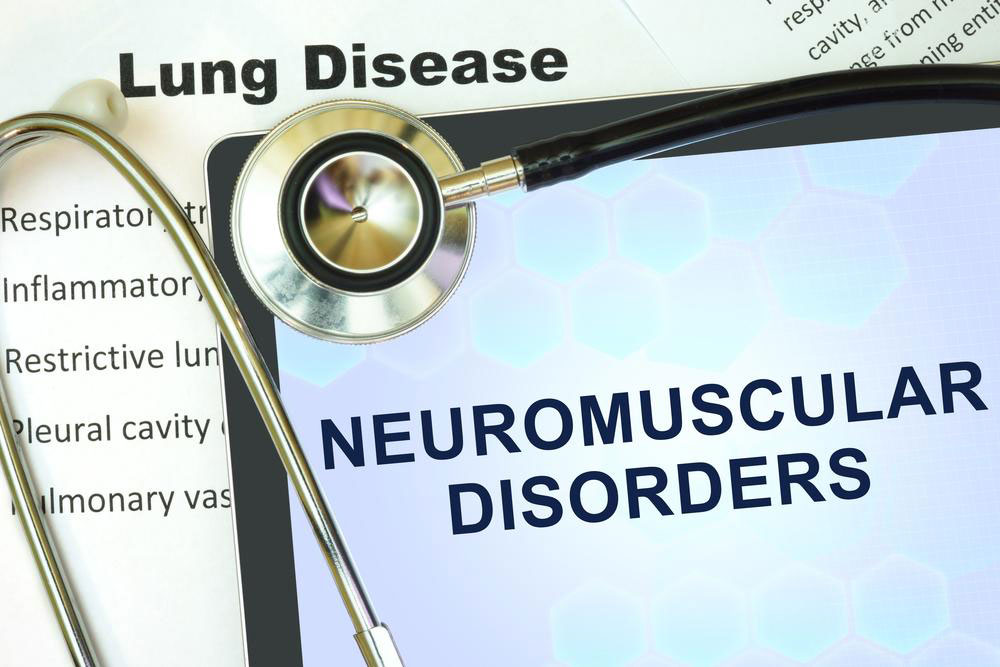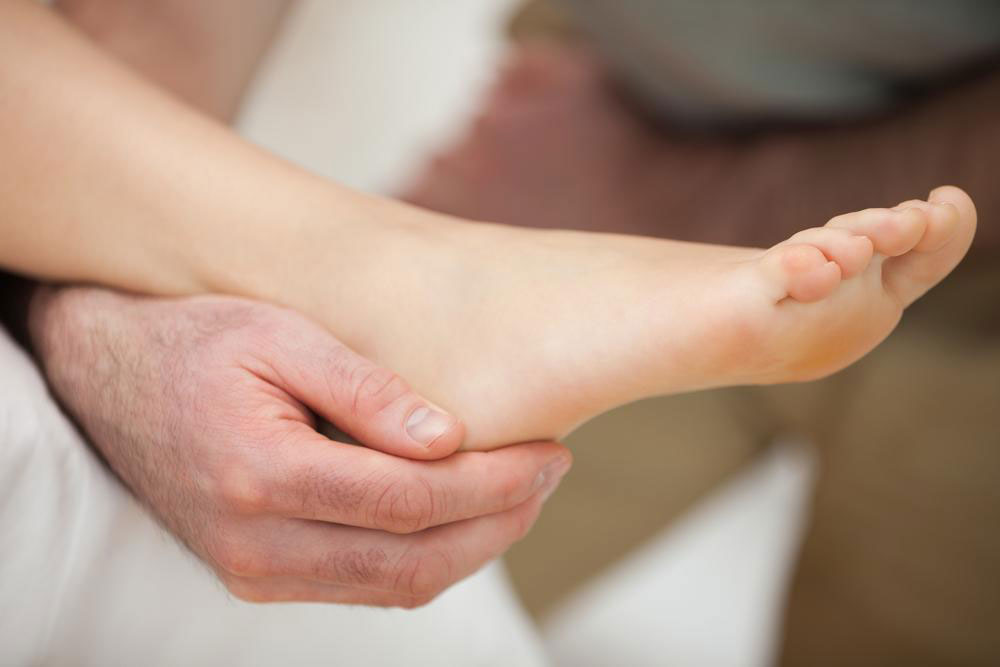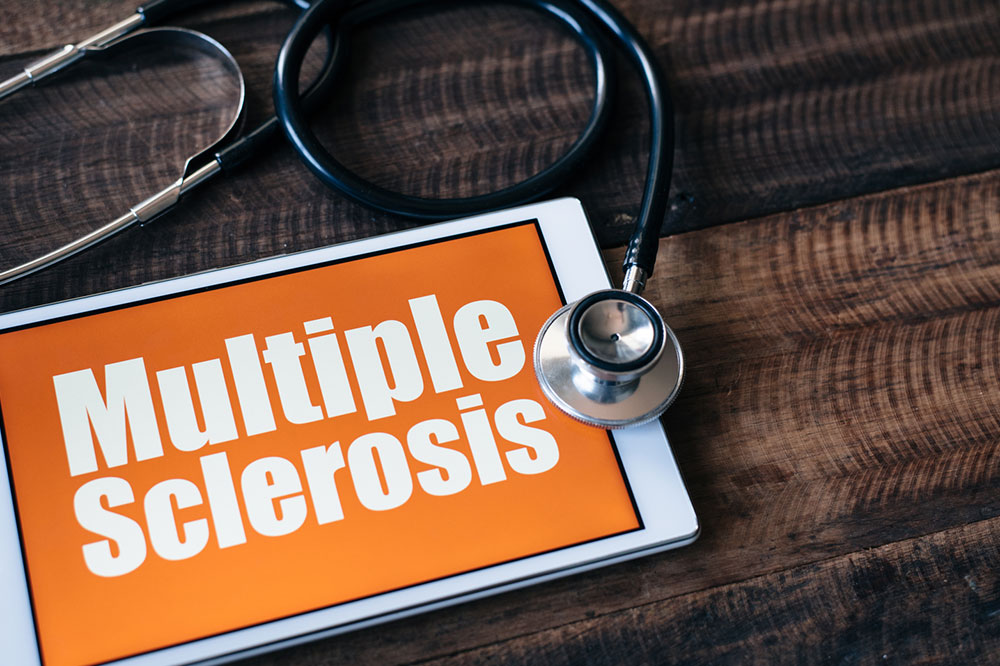Top 8 Neuromuscular Disorders Everyone Should Know
Explore the top 8 neuromuscular disorders affecting individuals worldwide. Learn about symptoms, causes, and management options for conditions like ALS, MS, muscular dystrophy, and more. This comprehensive guide provides essential insights into these serious neurological conditions, emphasizing the importance of understanding and symptom management. Perfect for medical professionals and patients seeking reliable information on neuromuscular health.

Top 8 Neuromuscular Conditions You Should Be Aware Of
Neuromuscular diseases involve impairment of the nerves that control voluntary muscles. When these nerve cells deteriorate or die, it results in muscle weakness, wasting, and mobility challenges. Severe cases can lead to complications like heart or lung issues. This article highlights eight of the most prevalent neuromuscular disorders affecting individuals today.
Amyotrophic Lateral Sclerosis (ALS)
ALS is a progressive nerve disease impacting motor neurons responsible for voluntary movements, often leading to total physical incapacity over time.
Charcot-Marie-Tooth Disease
This inherited condition results from genetic mutations affecting nerves in the limbs, leading to pain sensation loss, muscle weakness, and decreased muscle mass.
Multiple Sclerosis
An autoimmune disorder where the immune system targets myelin sheaths, disrupting nerve signals between the brain and body.
Muscular Dystrophy
A group of genetic disorders characterized by progressive muscle degeneration and weakness, predominantly affecting males, especially young boys.
Myasthenia Gravis
This autoimmune disease causes voluntary muscle weakness and fatigue, with symptoms like droopy eyelids, difficulty swallowing, and muscle fatigue.
Myopathy
Muscle fiber disorders lead to cramps, stiffness, and weak muscles, indicating myopathy.
Myositis
Inflammation of muscles due to injury, infection, autoimmune processes, or medication effects.
Spinal Muscular Atrophy
Affects spinal cord motor neurons, particularly in children, often impairing breathing muscles and causing weakness.
Most neuromuscular disorders are linked to genetic or immune factors. Since no cure exists, treatments aim to manage symptoms, preserve mobility, and boost muscle and joint strength.










